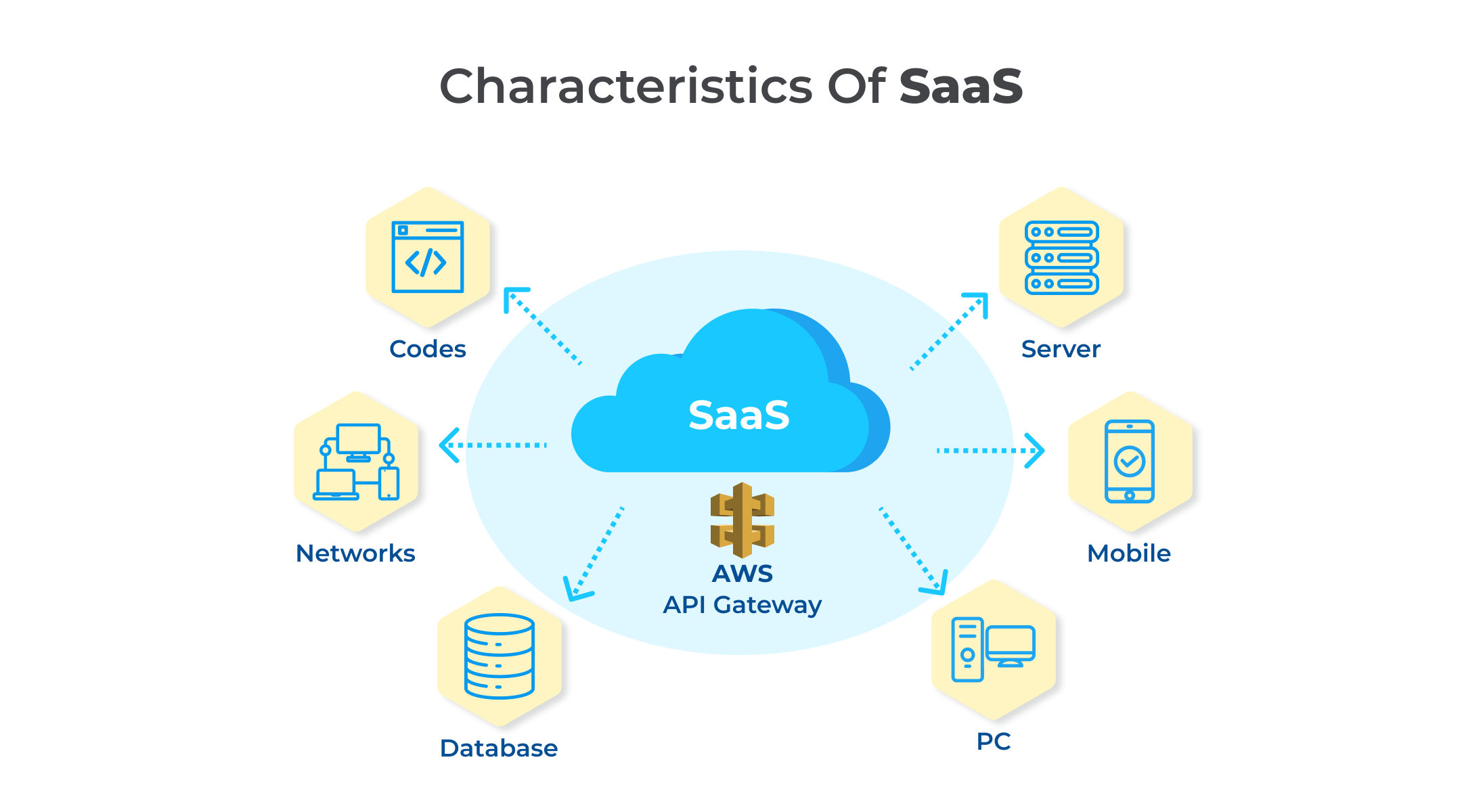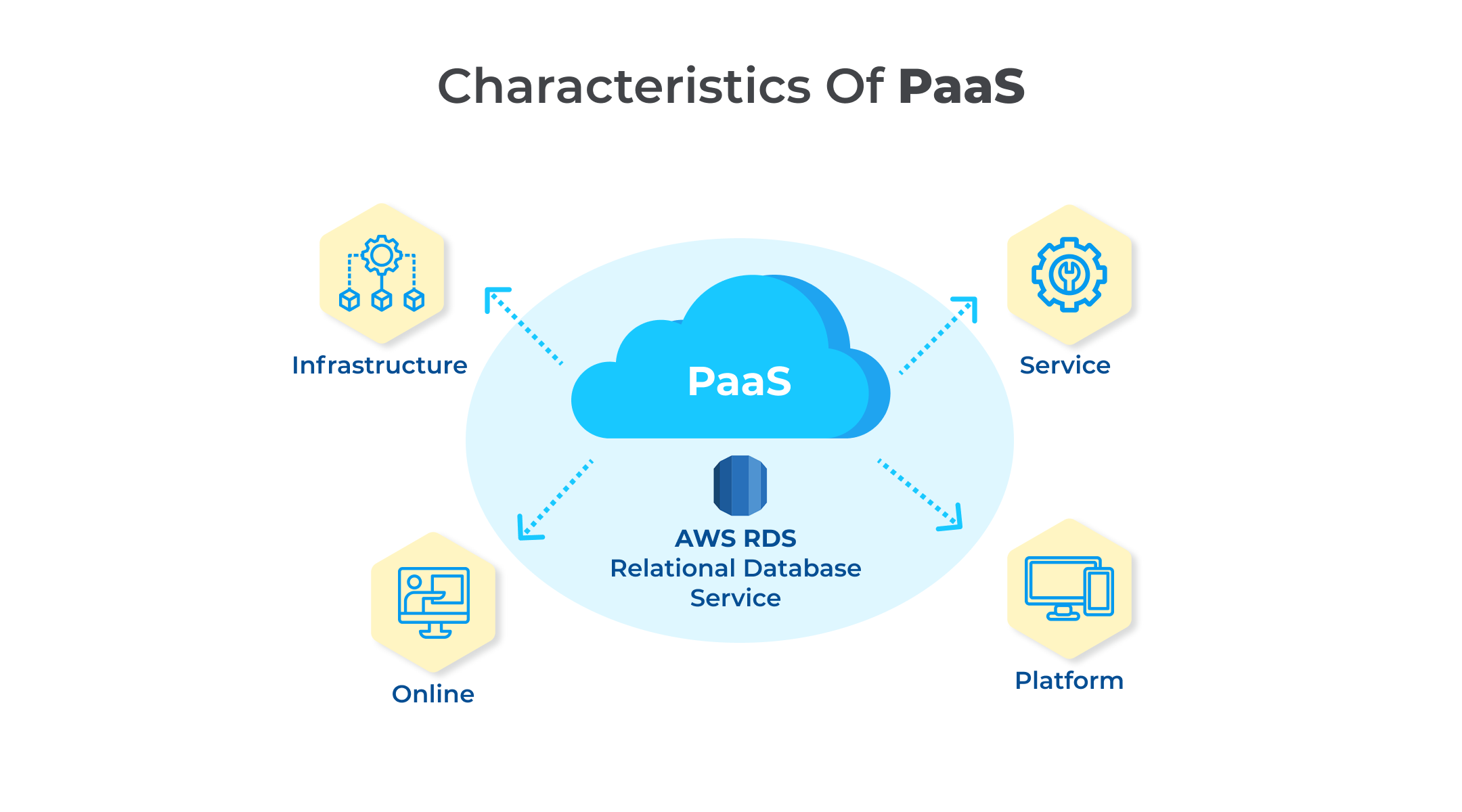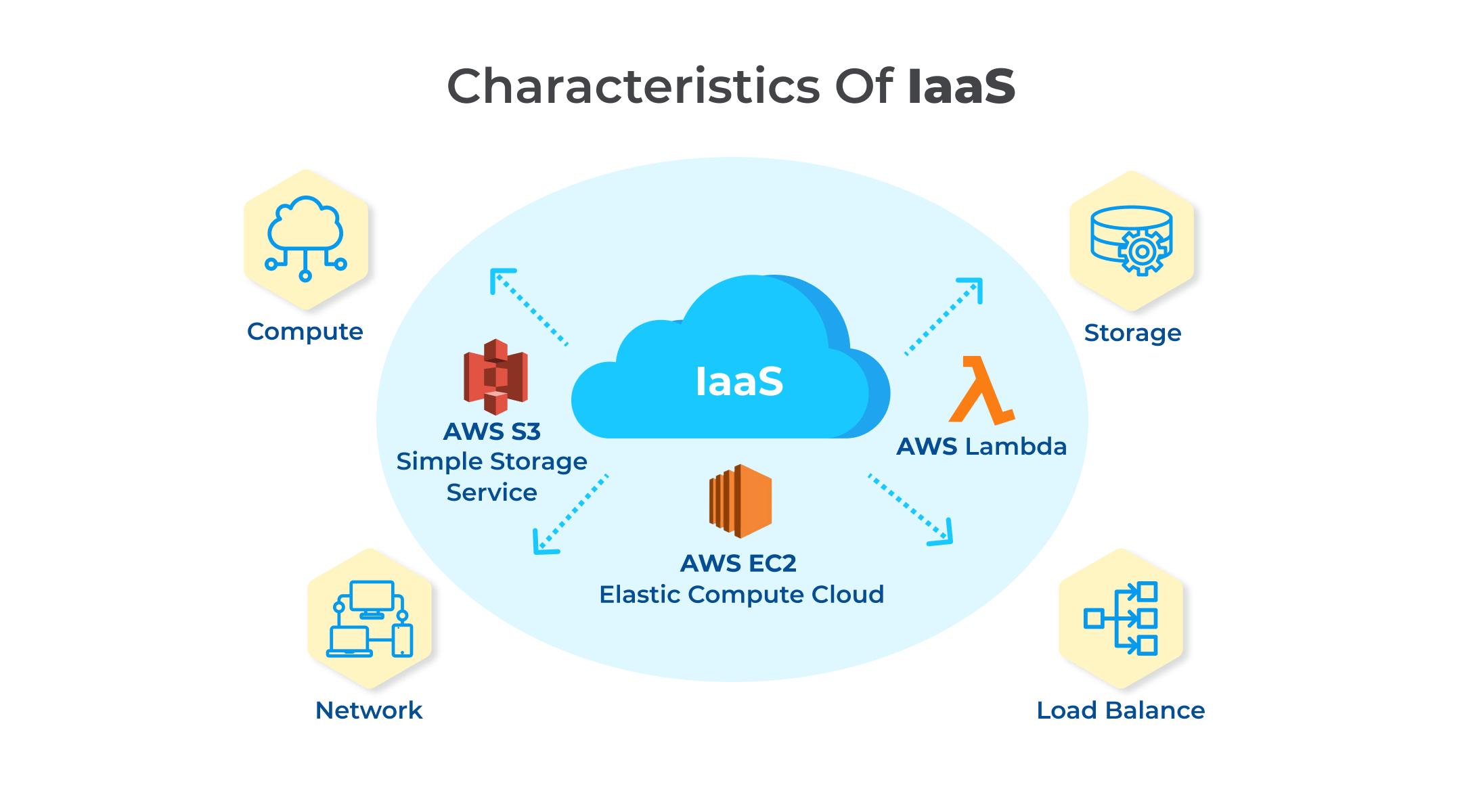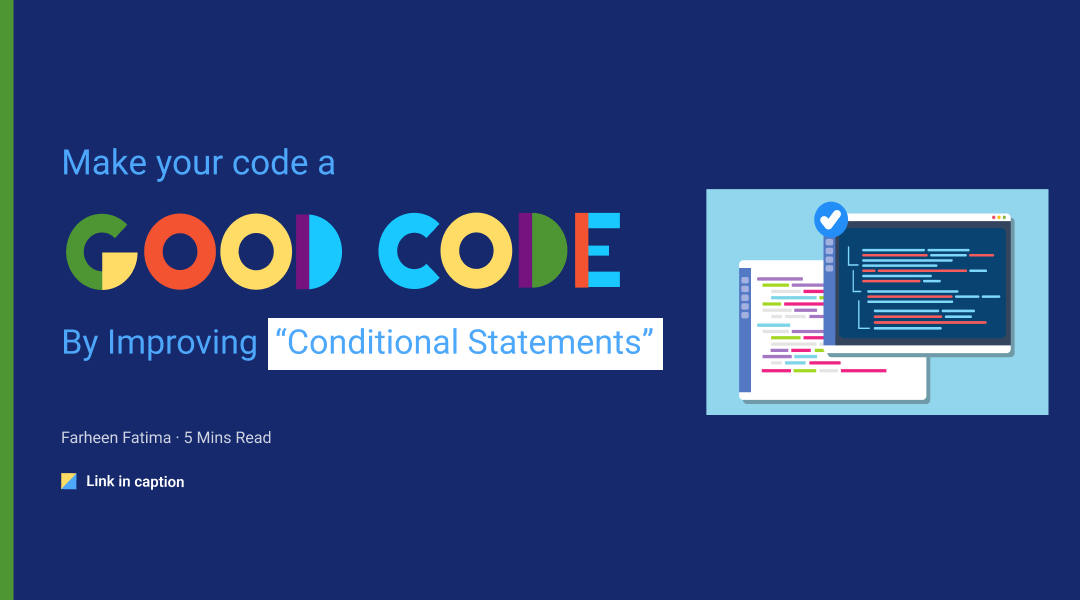Different Cloud Computing Services Used At Fibonalabs
Cloud computing is not just the present but also the future of the world of technology. We at Fibonalabs believe in staying ahead of our game and hence providing cloud computing services is one of our expertise. Using the latest cloud technologies, we develop mobile and web applications that are user-friendly, appealing, and excellent in terms of functionality.
Let’s understand the different services of cloud computing along with the ones that we use at Fibonalabs.
To get a wider view of cloud computing services, you can divide them into the following:
- Structure as a Service (SaaS)
- Infrastructure as a Service (IaaS)
- Platform as a Service (PaaS)

Structure as a Service (SaaS)
Often referred to as on-demand software, or web-based software, SaaS is a method of providing services over the internet. It saves you from the hassle of downloading the software, maintaining it as well as keeping it up to date with the latest updates. Rather with SaaS, you can access any application online as and when required. This practice has kind of unchained us from the burden of maintaining the software and hardware by streamlining everything over the cloud. All you need to have is an internet connection and you are good to go.
Now, let’s have a glimpse of the characteristics of a SaaS model.
Characteristics of SaaS
Let's go through some features of SaaS.
- Single Infrastructure: SaaS has this enormous property of bringing all the users to a single cloud infrastructure. It allows the users and applications to have one infrastructure that is maintained centrally, for both SaaS vendors and clients.
- Effortless Customizations: With SaaS, it is almost effortless to customize applications according to different business needs. Its architecture allows its users to frequently make upgrades without any burden of huge adoption costs as well as with a reduced rate of risks.
- Quick Accessibility: While availing of SaaS solutions you can be assured of easy access to data information for all the users in the network.

Benefits of SaaS
Due to its high efficiency and cost-effective solutions, a lot of businesses are moving towards SaaS. Listed below are a few of the benefits of SaaS:
- Budget-Friendly Setup: The famous tagline “pay for what you need” is the reason many organizations adopt SaaS solutions. This makes a budget-friendly deal.
- Easy Accessibility: You can avail yourself of these services on the go. All you need is a good internet connection and whether it’s a laptop, desktop or any other network device, you are good to go.
- Usability: It's very easy to help people adapt to the requirements of your business in terms of using the system, the amount of data, and also its functionality.
- Timely Automatic Updates: Another advantage of SaaS is that you need not schedule updates or in the worst case miss them at the designated time. The service providers take care of the frequent updates all the time.
- Highly Secure: As the nature of SaaS solutions is to let people use shared services, it also helps them in sharing the security advantages at different levels.
Some examples of SaaS providers are Google Workspace, Dropbox, Salesforce, etc.
Platform as a Service(PaaS)
A widely used and appreciated cloud service, PaaS is mostly developers’ favourite. Platform as a Service (PaaS) provides an online platform or an environment that helps in building mobile and web applications. The services provided by PaaS are hosted in the cloud thus enabling users to access them through their web browsers.
Hosting the hardware as well as software in its infrastructure, PaaS is a big relief for users in terms of developing and running an app. It has made it possible to develop and deploy apps without any actual hardware.
As a consumer, you cannot manage or control the basic infrastructure of PaaS which includes servers, operating systems, networks, and storage. Rather you can control and manage the applications that are deployed. Also, you can configure the settings of the app’s hosting environment.
Characteristics of PaaS
Let's throw some light on some of the enticing features of PaaS.
- Scalability: It allows its users to configure and manage the deployed applications as per their use.
- Shared uses: It gives an architecture of multi-tenancy that allows its services to be used by multiple users.
- Streamlined Management and Development: With PaaS, you can avail yourself of tools that help you build and deploy applications in a faster and more streamlined manner.
- Security and API Management: PaaS provides high-end data security along with managing interfaces and APIs.

Benefits of PaaS
One can go on and on while discussing the benefits of PaaS, Let's have a look at some of them discussed below:
- Convenient To Use: Provides a plethora of infrastructure and IT services that are easily accessible via any web browser.
- Cost-Effective: The charges involve only the services that are provided per your use and not for the entire bunch of them.
- Efficient: You can perform every task from building an app to testing, deploying, managing as well as maintaining it.
- Less Complex: With PaaS you can perform high-level programming tasks with a reduced complexity ratio, thus making app development more efficient.
There are so many PaaS components available nowadays, for example, Amazon Web Services Elastic, Salesforce, Microsoft Azure, etc.
Infrastructure as a Service(IaaS)
As the term suggests, IaaS is responsible for providing infrastructural services. It basically outsources infrastructure to enterprises in order for them to carry out a number of operations. These outsourced services include providing networking equipment, database, servers, and other infrastructural devices. It is therefore often referred to as Hardware as a Service (HaaS).
Like other cloud services, in IaaS also, customers have to pay as per the usage of a service and not entirely for the whole bunch of services. Often providers allocate the prices based on the space and usage of the virtual machine. IaaS provides services like operating systems, networking, servers, etc. That is required to build, deploy, and test an application.
Characteristics of IaaS
- It is not an easy task to sum up the features of IaaS as it brings a lot with it. Listed below are some of its key characteristics.
- It automates administrative tasks thus making it easier in terms of use.
- The dynamic scaling of IaaS is the favourite of its users.
- It’s a great platform virtualization technology that allows users to pay as per their needs.

Benefits of IaaS
When comes to the advantages of cloud services, they are more or less the same in terms of cost. So, let's have a look at the benefits of IaaS:
- Budget-Friendly: It allows the user to pay on a per-user basis i.e., for an hour, a week, or even a month.
- Inexpensive Website Hosting: With IaaS hosting a website is much cheaper than a traditional web hosting method.
- Secure With Easy Maintenance: IaaS provider dispenses a great amount of security along with easy maintenance of your app, as it takes care of updating the data centres as per the latest releases.
A few examples of IaaS providers are AWS, Bluestack, IBM, and so on.
Cloud Technologies used at Fibonalabs
At Fibonalabs we design and develop a variety of mobile and web applications. Our experienced and well-skilled team members like staying ahead of the curve. Having well versed with the latest cloud technologies, we use SaaS solutions to develop serverless applications using AWS API Gateway. We also use IAM for Identity Access Management among other SaaS solutions.
We understand the importance of data and ensure to have a data backup and valid data recovery options. Hence, we use RDS as one of the PaaS services, for data migration, recovery, and backup.
From the detailed discussion above, one thing is clear IaaS is the basic cloud solution that almost every organization is dependent upon. At Fibonalabs we make the best use of any technology or service by getting hands-on. We use a variety of IaaS solutions for object storage, scalable computing, and serverless applications. Some of the IaaS services we use are AWS S3- Simple Storage Service, AWS EC2- Elastic Compute Cloud, and AWS Lambda.



